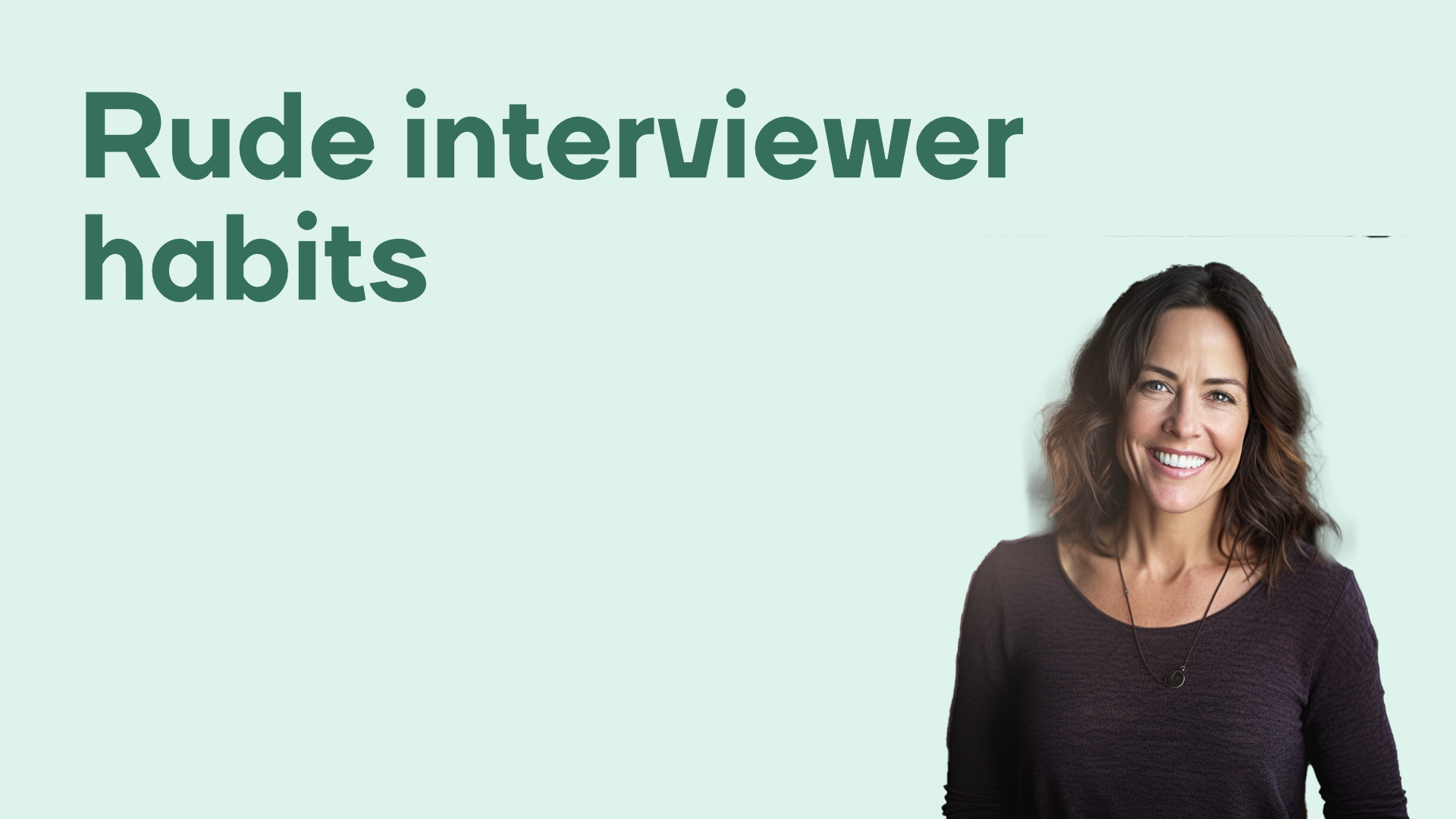Interviewers are only human, and human beings are prone to a range of errors and interviewer bias that can affect the effectiveness of both assessments and interviews.

In normal life these biases are a way of dealing with the daily barrage of information and helping us make faster decisions, and we often make these decisions with little thought for the outcome. However when interviewing a candidate it is essential that we become aware of these automatic processes and biases in order to get the best from our interviewees.
Most of us will experience at least one of the following bad habits during an interview at some point in life. Knowing how to spot them early on means you can tailor your approach to the interview accordingly and (hopefully) come out of it in the best light possible.
If you’re the one actually doing the interviewing, then being able to spot these behaviours early will give you a chance to modify your behaviour and still (hopefully) get the best from your candidate.
Rude interviewer habits
- Only scraping the surface by focusing on job titles, responsibilities, schools and academic grades.
- Asking ‘What?’ and ‘When?’ and so only get descriptions that could have been gleaned from the application form or CV.
- Talking more than they listen.
- Not sticking to any form of structure and so miss important in-depth information.
- Taking candidate answers at face value and failing to probe further.
- Showing their disapproval openly or by frowning so that the candidate is discouraged from being open.
- Asking ‘clever’ pet questions that can only be answered if the candidate has the ‘right’ background knowledge.
- Failing to prepare and then forgetting some key bit of information (like their name – you’d be surprised but this happens more often than you think).
- Losing interest during the interview and looking bored.
- Fidgeting throughout the interview.
- Allowing interruptions – including phones, smart watches and pagers (yep – they’re still a thing).
- Playing power games.
- Forgetting that for at least one person in the room the interview is enormously important.
If you’re interested in finding out how to supercharge your interviews, make better hiring decisions or know what strategic interview questions to ask candidates then please contact us and one of the team will be happy to answer any questions you may have.
If you want to know more about mastering interviewing check out some of the other blog posts in the series, including; how to develop strategic interview questions to ask candidates, good interviewer skills and how to be a good interviewer.



